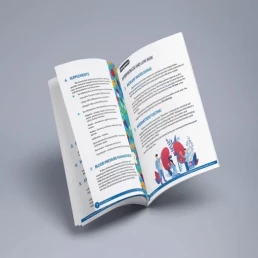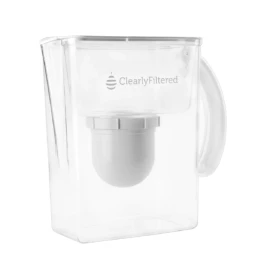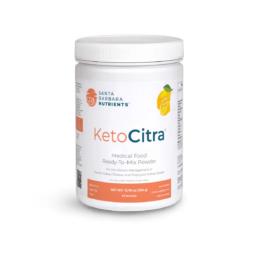Researchers have found exciting links between diet, lifestyle and the risk for kidney disease (KD). The most significant relationship is between the health of the gastrointestinal (GI) tract and the risk of KD. This relationship is referred to as the gut-kidney axis. Various factors, including diet and exposure to toxins, can compromise the integrity of the lining of the intestines. This can lead to intestinal permeability, more commonly called leaky gut.
What is Leaky Gut
A normal and healthy GI tract has a natural barrier. This barrier serves to protect the intestines and ensure proper absorption of nutrients and elimination of toxins. This barrier also serves to protect the integrity of the microbiome – the “good” bacteria that lives in our GI tract and works with our body to maintain good health.
As the phrase implies, leaky gut describes when the cells that make up the lining of the GI tract separate enough to allow the contents of the gut to leak out. This is a problem because it reduces absorption of nutrients, causes toxins to build up, and results in systemic inflammation.
Inflammation is a response of the immune system that treats the leakiness as a threat. This increased inflammatory response has been linked to increased risk of many chronic diseases, including diabetes and kidney disease, among others.
Diet and Leaky Gut
Now that we understand that factors that compromise the intestinal barrier can lead to systemic inflammation and kidney disease, let’s outline the factors that lead to leaky gut.
Processed foods and high-sugar foods
Think of processed foods as most foods that are altered from their natural state and packaged. Processed foods include bread, cereals, lunch meats, and even protein bars. The processing of these foods usually strips the nutrient content of the ingredients in their whole, “live” form.
Along with depleting nutrients, this also often adds to the glycemic load, spiking blood sugar and insulin levels contributing to diabetes and metabolic disease. Along with high sugar foods, like soda, fruit juice, and sweets this significantly contributes to inflammation and leaky gut.
In fact, kidney disease patients who consumed a “pro-inflammatory” diet had 1.55 times increase in the risk of going into kidney failure requiring dialysis than those who did not. This diet included tomatoes, carbonated beverages, processed meat, red meat, organ meat and fish other than dark-meat fish.
Food sensitivities
Food allergies can be very serious and life-threatening. They can start off as a rash or hives, and progress to shortness of breath and difficulty breathing. These are not to be confused with food sensitivities, which are less severe are usually not life-threatening. However, they do increase inflammation and contribute to leaky gut.
Common food sensitivities include gluten, dairy, soy, peanuts, corn, and eggs. For many people who have sensitivities to these foods, even a short-term elimination can help reduce inflammation and heal leaky gut.
Caffeine and alcohol
Regular consumption of caffeinated beverages and alcohol is irritating to the GI tract. Over time, this compromises the lining of the intestines. Tolerance varies for each individual based on genetics and other factors, so universally safe guidelines are difficult to establish. In general, it’s best to reduce consumption or remove these triggers at least for short elimination period.
Eating the wrong fats
Just like processed carbohydrates can be damaging to the gut, processed fats are also inflammatory. The good news is that consumption of anti-inflammatory fats, can help to reverse this process This includes sources of polyunsaturated fats like olive oil, omega 3 fats found in fish, nuts, and avocado.
Certain medications
Certain medications can be very irritating to the intestinal barrier. Common examples include:
• NSAIDs – non-steroidal anti-inflammatory like ibuprofen, aspirin, and naproxen usually used to treat pain and fever. Regular use of these medications (both prescription and over-the-counter) is highly associated with increased incidence of leaky gut.
• Steroids like prednisone or methylprednisone, often prescribed for inflammation or asthma, like NSAIDs, are damaging to the lining of the gut.
• Antibiotics disturb the natural balance of good bacteria in the gut. Courses of antibiotics kill off good bacteria along with the bad bacteria causing the problematic infection. This leads to dysbiosis, increased inflammation, and leaky gut.
If you are taking these medications, it’s important not to discontinue or alter your medications without speaking to your physician first. For more information, please see our blog on medication and kidney health. If you are concerned about leaky gut, you can work with an Integrative or Functional Medicine practitioner to help you manage your medications and heel your intestinal permeability.



